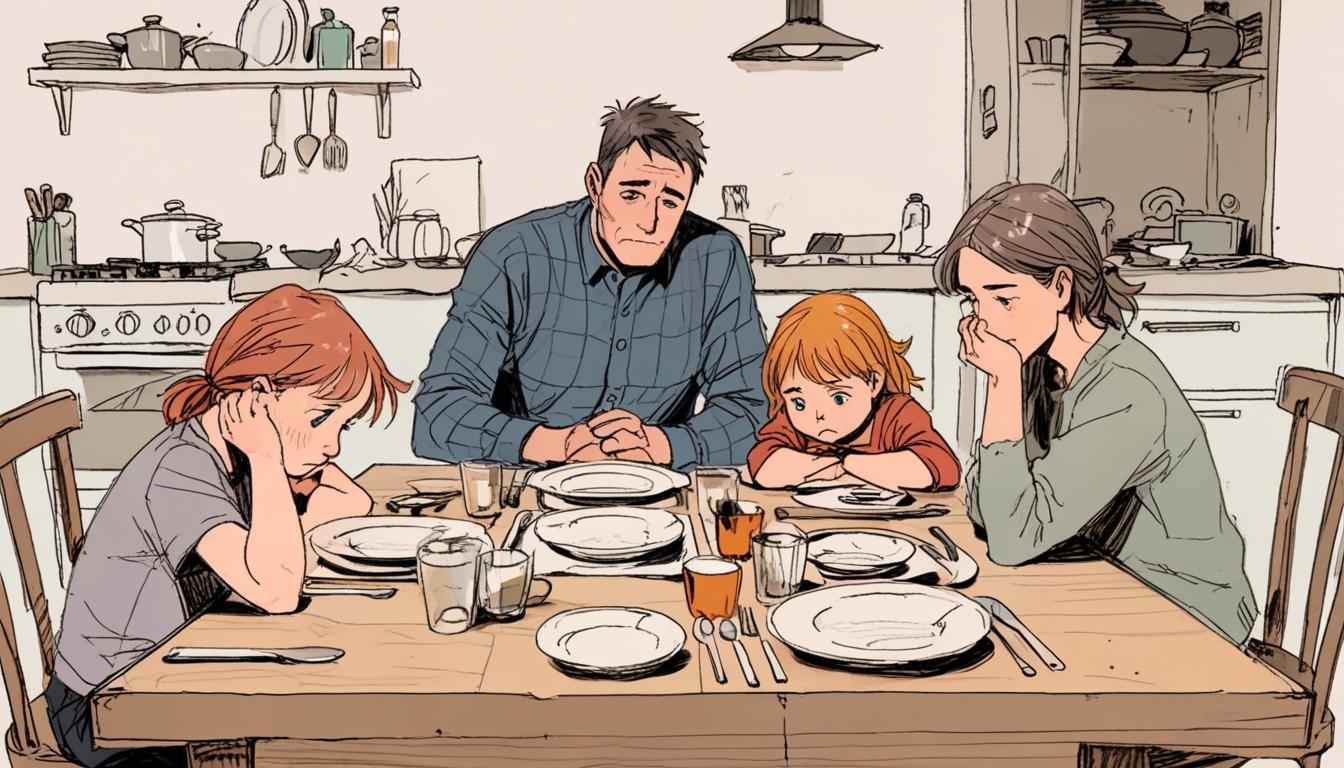The Scottish Government has reiterated its commitment to ending the two-child benefit cap by 2026, a policy which currently limits welfare support to the first two children in a family. This announcement was made by Finance Secretary Shona Robison during the Scottish Government budget declaration in December, when she stated: "Be in no doubt – the cap will be scrapped by 2026."
However, the removal of the cap comes with substantial financial implications. The Scottish Fiscal Commission has estimated that the cost of mitigating the cap will be £155 million in 2026-27, rising to £198 million by 2029-30. These figures highlight the significant fiscal commitment required to address this policy.
Charity Action for Children told The Herald that the funds currently allocated to mitigate the two-child cap could be used to bridge much of the £256 million funding gap that is hindering the Scottish Government from providing free school meals as a right to all primary school pupils in Scotland. At present, free school meals are available universally to pupils from Primary 1 to Primary 5. Action for Children suggests that additional funding could extend this provision to Primary 6 and Primary 7, which would be "a first step in removing the stigma of receiving school meals."
Data from the Scottish Government indicates that free school meal provision saves families around £400 annually. In the context of a rising cost of living, Action for Children argues that not providing universal free meals diverts vital resources from family budgets. The charity also points to examples from other countries, such as Finland, where all pupils from pre-primary to upper secondary school receive nutritious free meals daily. Finland’s investment in such services has correlated with consistently high scores in the Programme for International Student Assessments, lending weight to the argument for similar investment in Scotland.
In February, Shirley-Anne Somerville, Scotland’s Cabinet Secretary for Social Justice, highlighted that the Scottish Government’s efforts to tackle child poverty are being “undermined” by the UK Government’s social security policies, particularly the two-child cap. The Child Poverty Action Group estimates that removing the cap in Scotland could lift 15,000 children out of poverty. The Scottish Fiscal Commission also projects that 42,000 children will benefit from the Scottish mitigation of the policy in 2026-27.
Nonetheless, there may be delays in fully abolishing the cap if the Scottish Government struggles to implement the first mitigation payments system safely. Meanwhile, if the UK Government abolishes the cap, First Minister Humza Yousaf has said that the funds currently dedicated to mitigation will be redirected to other child poverty eradication measures in Scotland.
Recent reports suggest that the UK Government may maintain the cap despite plans to announce its child poverty strategy in June. A Labour source told The Guardian in June that the cap’s abolition seemed unlikely, citing its popularity among key voters who view it as a fairness issue. This stance persists despite warnings from the Child Poverty Action Group that without urgent intervention, the number of children in poverty across the UK could rise from 4.5 million to 4.8 million by 2029.
The UK Government has introduced the Fair Repayment Rate, which caps Universal Credit debt repayments, expected to help 1.2 million households retain more of their benefits. Around 700,000 of the poorest families with children are projected to benefit from this measure.
A UK Government spokesperson stated, “No child should be in poverty – that’s why our Ministerial Taskforce is exploring all levers available across government to give children across the United Kingdom the best start in life.” The spokesperson added that efforts including raising the National Living Wage and capping Universal Credit deductions aim to improve financial outcomes for families. They also emphasised the need for cooperation between the Scottish and UK governments to enhance employment opportunities while supporting those unable to work.
The Herald’s reporting underscores ongoing tensions and challenges around child poverty policy, with differing approaches and fiscal priorities between the Scottish and UK governments shaping the debate on welfare, school meals, and social support.
Source: Noah Wire Services
